
Roskilde: Denmark's Historical Gem
Roskilde is a city steeped in history and culture, making it an ideal destination for tourists. Located just a short train ride from Copenhagen, this charming city is known for its stunning cathedral, Viking heritage, and vibrant music scene. The Roskilde Cathedral, a UNESCO World Heritage Site, is a must-see with its stunning Gothic architecture and royal tombs dating back to the 10th century. The cathedral's twin spires dominate the city skyline, offering a glimpse into Denmark's royal past. Another highlight of Roskilde is the Viking Ship Museum, where visitors can explore well-preserved Viking ships and learn about the seafaring traditions that shaped the region. The museum offers interactive exhibits and even the chance to sail on a reconstructed Viking ship, making it a hit with both adults and children. Roskilde is also famous for its annual Roskilde Festival, one of Europe's largest music festivals. Every summer, the city comes alive with music lovers from around the world. The festival features a diverse lineup of artists, ranging from rock and pop to electronic and world music, creating an unforgettable experience for attendees. Beyond its historical and cultural attractions, Roskilde offers a variety of dining options, from traditional Danish cuisine to international fare. The city's cozy cafes and local markets provide a taste of Danish hospitality and culinary delights. Whether you're exploring its cobblestone streets, enjoying a boat ride on Roskilde Fjord, or attending a world-class music festival, Roskilde promises a memorable and enriching experience for all visitors.
Local tips in Roskilde
- Visit the Roskilde Cathedral early in the day to avoid crowds and fully appreciate its architectural beauty.
- Check the Viking Ship Museum's schedule for special events and sailing opportunities to enhance your visit.
- If planning to attend the Roskilde Festival, book your tickets and accommodation well in advance as they sell out quickly.
- Explore the local markets and cafes to experience authentic Danish cuisine and hospitality.
- Consider renting a bike to explore the city and its scenic surroundings, including the beautiful Roskilde Fjord.
Roskilde: Denmark's Historical Gem
Roskilde is a city steeped in history and culture, making it an ideal destination for tourists. Located just a short train ride from Copenhagen, this charming city is known for its stunning cathedral, Viking heritage, and vibrant music scene. The Roskilde Cathedral, a UNESCO World Heritage Site, is a must-see with its stunning Gothic architecture and royal tombs dating back to the 10th century. The cathedral's twin spires dominate the city skyline, offering a glimpse into Denmark's royal past. Another highlight of Roskilde is the Viking Ship Museum, where visitors can explore well-preserved Viking ships and learn about the seafaring traditions that shaped the region. The museum offers interactive exhibits and even the chance to sail on a reconstructed Viking ship, making it a hit with both adults and children. Roskilde is also famous for its annual Roskilde Festival, one of Europe's largest music festivals. Every summer, the city comes alive with music lovers from around the world. The festival features a diverse lineup of artists, ranging from rock and pop to electronic and world music, creating an unforgettable experience for attendees. Beyond its historical and cultural attractions, Roskilde offers a variety of dining options, from traditional Danish cuisine to international fare. The city's cozy cafes and local markets provide a taste of Danish hospitality and culinary delights. Whether you're exploring its cobblestone streets, enjoying a boat ride on Roskilde Fjord, or attending a world-class music festival, Roskilde promises a memorable and enriching experience for all visitors.
When is the best time to go to Roskilde?
Iconic landmarks you can’t miss
Amalienborg Palace
The living heart of Danish royalty: four Rococo palaces, 270 years of history, and daily ceremonial grandeur.
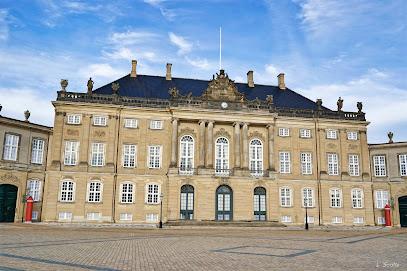
The Little Mermaid
A modest bronze mermaid on a harbor rock who carries more than a century of Danish fairy-tale history, art, and quiet longing on her small shoulders.

The Round Tower
A 17th-century spiral marvel where astronomy, art, and panoramic city views converge in Europe's oldest functioning observatory.
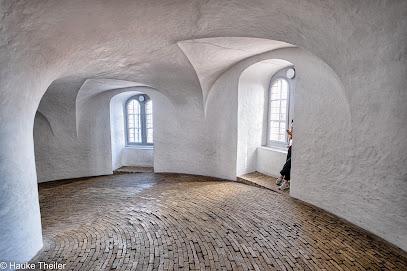
Christiansborg Palace
Denmark's 800-year seat of power where Parliament, courts, and royalty converge in a palace reborn from fire.
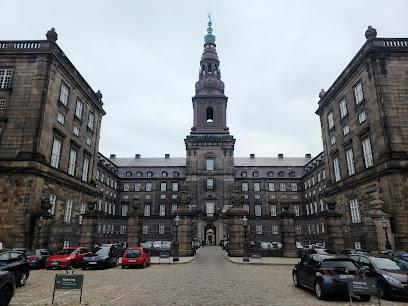
Copenhagen Opera House
A floating masterpiece of contemporary design where golden maple, 24-karat gold, and world-class acoustics meet Copenhagen's harbor.
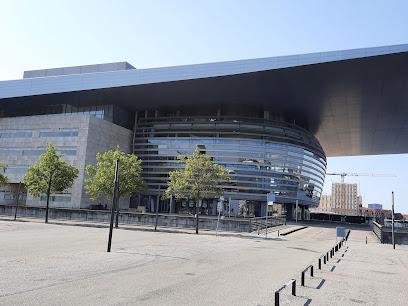
Roskilde Cathedral
Denmark's royal burial church and Gothic masterpiece, where 1000 years of history rest beneath soaring brick arches.
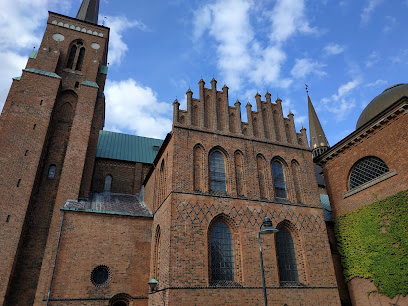
Dronning Louises Bro
An elegant 1887 granite bridge uniting Copenhagen's city centre with vibrant Nørrebro, crowned by neon lights and historic charm.
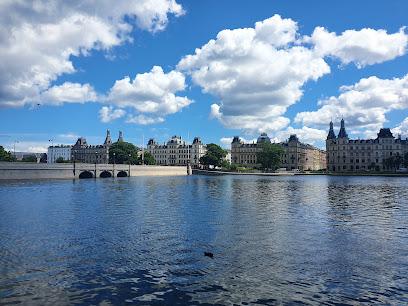
Ledreborg Castle
Denmark's most harmonious 18th-century palace, where 250 years of aristocratic life remain beautifully preserved.
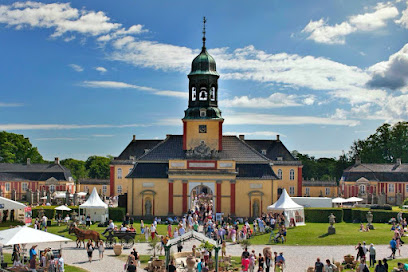
Circle Bridge
A five-masted circle of light and steel where art, everyday crossings and Copenhagen’s maritime history meet above the waters of Christianshavn Canal.
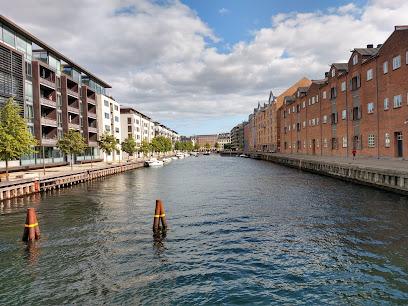
The Danish Parliament
Where copper spires, royal salons and granite façades frame the working heart of Danish democracy on Copenhagen’s historic Island of Power.
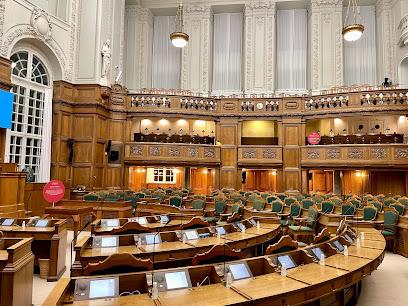
St. Alexander Nevsky Church
A small yet lavish Russian Orthodox jewel with golden domes and royal ties, tucked between palaces and galleries in Copenhagen’s elegant Bredgade district.
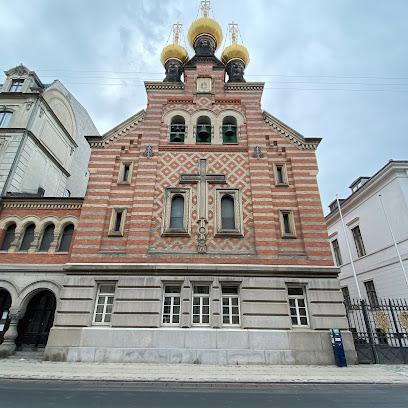
Frederiksberg Town Hall
Brick-clad functionalist town hall with a 60m tower, retro interiors and sweeping views over Frederiksberg’s parks, villas and the Copenhagen skyline.
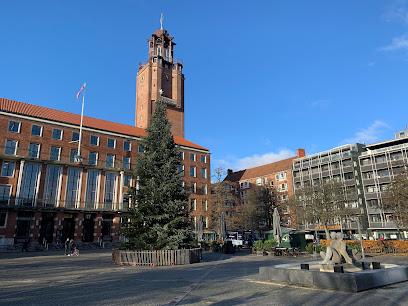
Cykelslangen
A bright orange bicycle bridge curling above Copenhagen’s harbor, Cykelslangen turns an everyday commute into a graceful urban ride with striking water views.
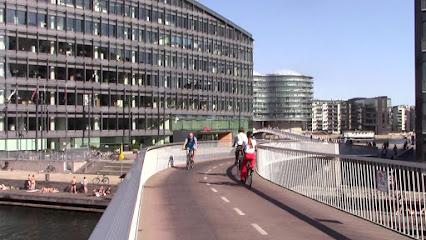
Lille Langebro
A graceful, car-free ribbon of steel curving over Copenhagen’s Inner Harbour, Lille Langebro blends cutting-edge bridge engineering with everyday cycling life.
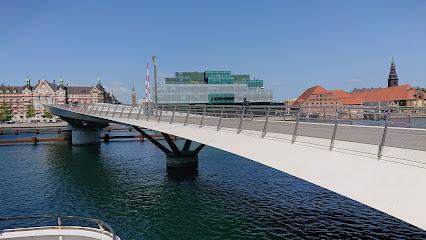
St. Anne's Church
Art Nouveau Catholic basilica on Amager, where golden panels, carved altars and quiet devotion reveal a different spiritual side of Copenhagen.
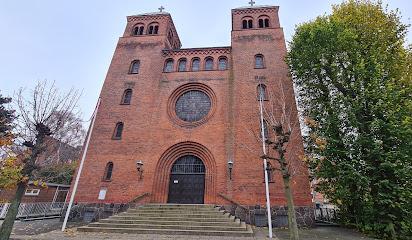
Unmissable attractions to see
Tivoli Gardens
Historic pleasure garden, modern amusement park and cultural playground all in one, Tivoli Gardens is Copenhagen’s luminous fairytale in the very center of the city.
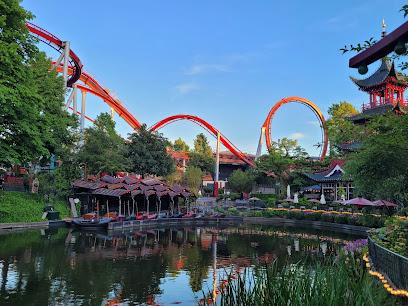
Copenhagen Zoo
Historic city zoo with 4,000+ animals, bold modern architecture and all‑weather exhibits, offering close wildlife encounters and family‑friendly fun in central Frederiksberg.
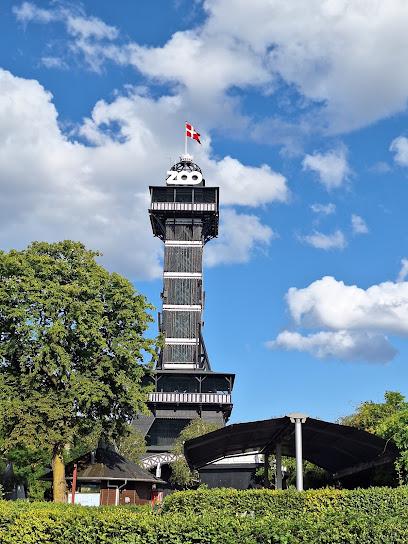
Rosenborg Castle
A fairytale Dutch Renaissance castle housing Denmark's Crown Jewels and 400 years of royal treasures.
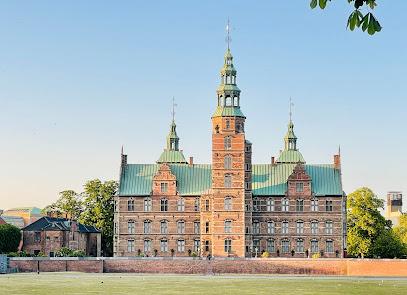
City Hall Square
Copenhagen’s open-air living room, where historic City Hall, fountains, sculptures and Strøget’s bustle meet in one lively, central square.
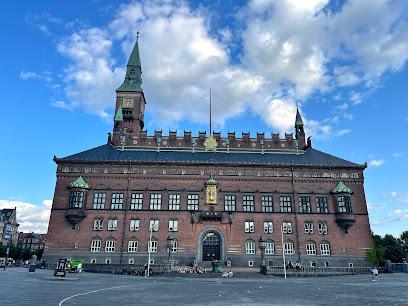
Den Blå Planet
Dive into Northern Europe’s largest aquarium, where sleek whirlpool architecture, sharks overhead, rescued sea otters and rainforest heat create an immersive marine world.
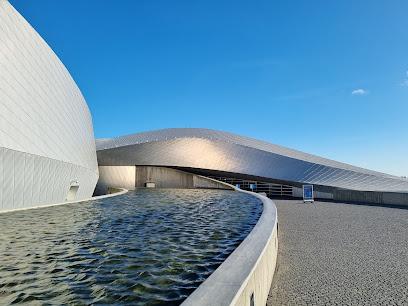
Louisiana Museum of Modern Art
Where modern art meets beech trees and sea light: a world-class museum woven into coastal parkland with sculpture gardens, iconic collections and big-sky views.
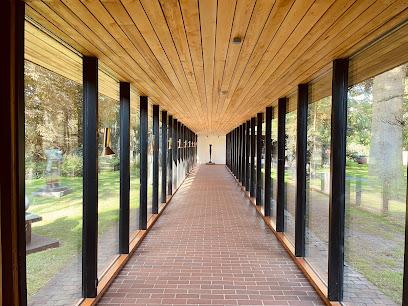
TorvehallerneKBH
A bustling twin-hall food market where Copenhagen’s everyday pantry meets gourmet treats, from smørrebrød and pastries to seafood, coffee and global street food.
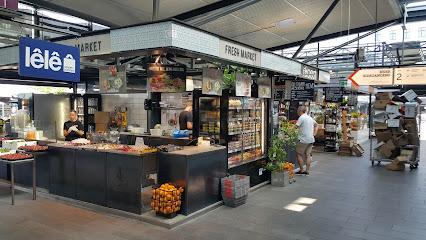
Ny Carlsberg Glyptotek
A brewer’s lavish gift to Copenhagen: a lush winter garden and world-class antiquities and art gathered in one exquisitely designed museum.
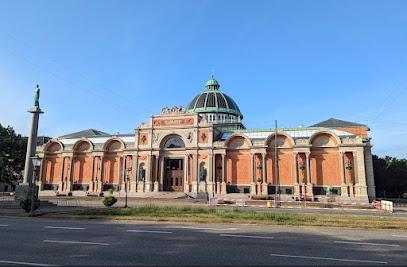
The King's Garden
Denmark's oldest royal garden where four centuries of heritage meet everyday Copenhagen life.
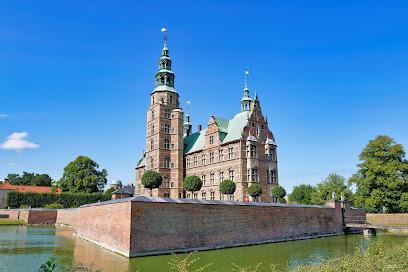
Frederiksborg Castle
Denmark's Renaissance jewel on three islands, where royal grandeur meets national heritage in gardens of baroque precision and romantic beauty.
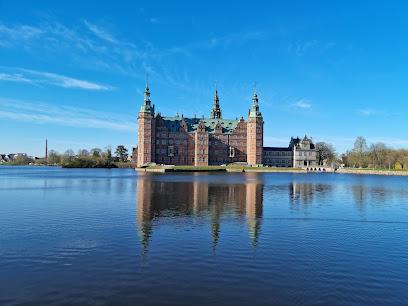
National Museum of Denmark
Denmark’s past unfolds in an 18th‑century palace, where Viking hoards, iconic Bronze Age finds and hands‑on galleries bring 14,000 years of history vividly to life.
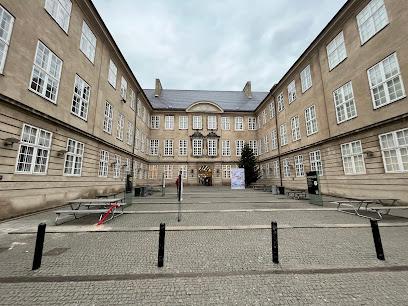
Frederik's Church
A soaring copper-green dome, centuries of royal ambition, and a luminous marble interior make Frederik’s Church one of Copenhagen’s most compelling sacred landmarks.
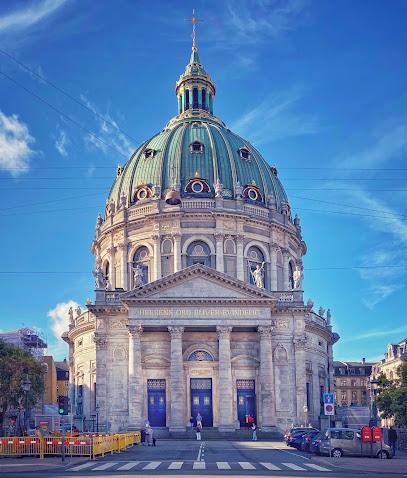
Øresund Bridge
A sweeping cable‑stayed bridge, tunnel and man‑made island linking Malmö and Copenhagen, the Øresund Bridge is a modern Nordic icon of design and connection.
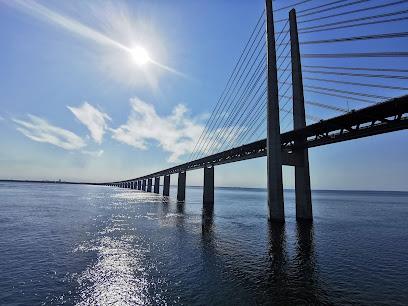
Frederiksberg Gardens
A grand former royal palace park turned romantic landscape garden, Frederiksberg Gardens is Copenhagen’s leafy retreat of canals, lawns, pavilions and palace views.
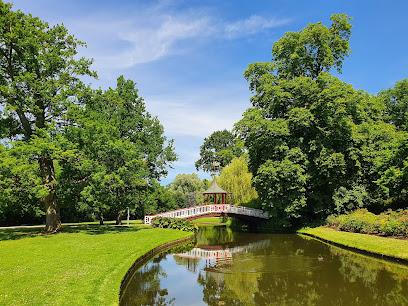
Nyhavn
Copenhagen’s most colourful waterfront, where 17th‑century townhouses, wooden ships and lively cafés bring the city’s maritime history to life along a narrow canal.
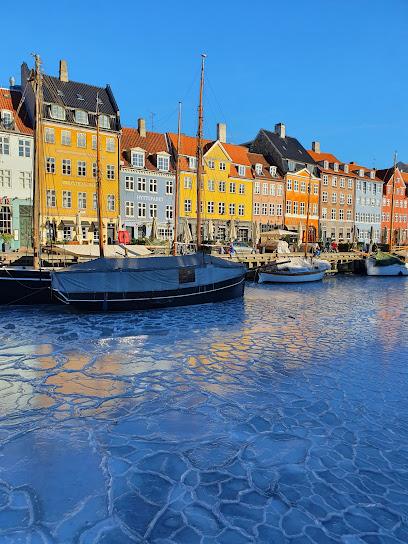
Essential places to dine
Reffen - Skøjteøen
Waterfront street food, glowing ice rinks and urban harbour vibes come together at Copenhagen’s creative winter playground on Refshaleøen.
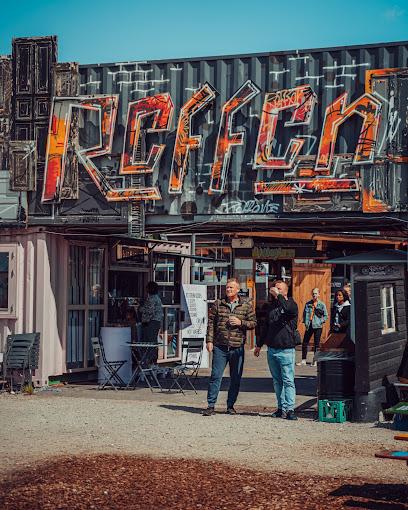
Hard Rock Cafe Copenhagen
Rock and roll meets American cuisine in Copenhagen's Town Hall Square.
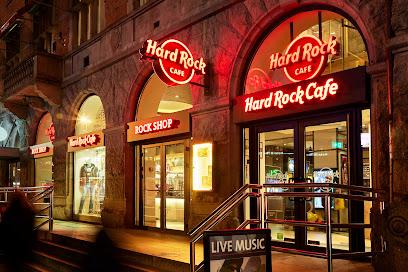
Folkehuset Absalon
Colourful former church on Sønder Boulevard turned community house, where communal dining, coffee, culture and everyday Copenhagen life all share the same long tables.
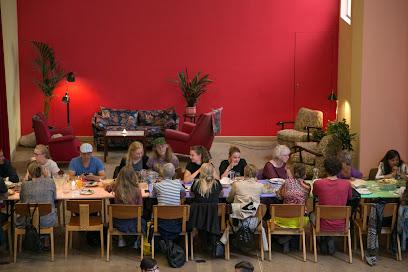
McDonald's Ringsted
One of Denmark’s largest McDonald’s, this Ringsted branch pairs familiar fast food and McCafé coffee with a big family playground beside Ringsted Designer Outlet.

Rib House
Hearty ribs and grill classics in a relaxed, family‑friendly steakhouse tucked into a central Roskilde courtyard near the city’s historic sights.
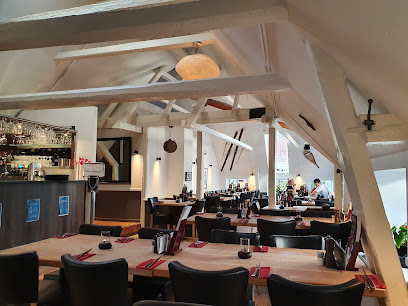
Bone's Roskilde
Legendary Danish BBQ steakhouse serving signature spareribs, premium burgers, and all-you-can-eat salad since 1990.
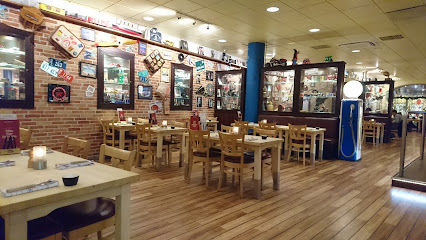
Café Korn - Roskilde
Cosy all‑day café and brasserie on Roskilde’s main pedestrian street, serving hearty brunches, burgers and salads in a warm, grocery‑style setting.
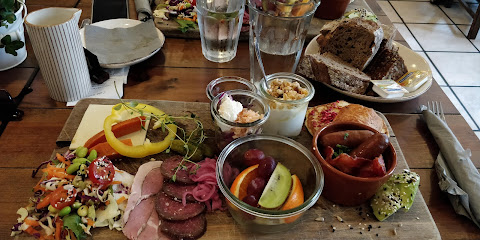
Restaurant Flammen - Roskilde Ro's Torv
Big-hearted grill buffet in Roskilde’s Ro’s Torv, serving abundant meats, hot dishes and a vast salad bar in a cosy, rustic setting ideal for families and groups.
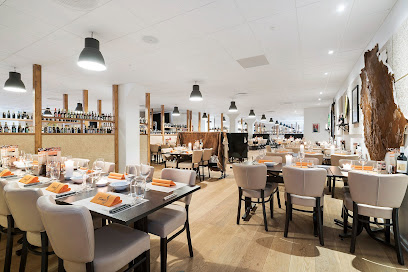
Cafe Vivaldi
Bright all-day café on Roskilde’s historic main square, mixing generous comfort food, relaxed drinks and prime cathedral-side people-watching.
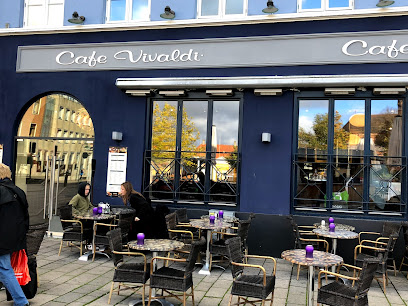
Restaurant Raadhuskælderen
Historic cellar dining beneath Roskilde’s old town hall, serving classic Danish smørrebrød and hearty dishes in a warm, modern-meets-traditional setting.
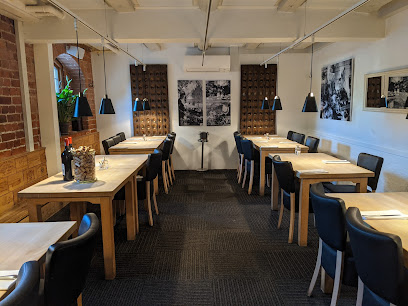
Pipers Hus
Classic Danish comfort food in a park pavilion with sweeping views over Roskilde Bypark, the harbour and fjord, blending city dining with a touch of nature.
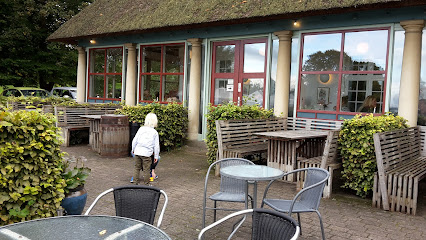
The Burger
A straightforward burger café inside Ringsted Outlet, serving classic patties, salads and kid-friendly options for hungry shoppers needing a relaxed break.

Halifax Burgers Roskilde
Casual build-your-own burger joint on Roskilde’s main street, pairing generous portions and craft drinks with a strong line-up of vegetarian and vegan options.
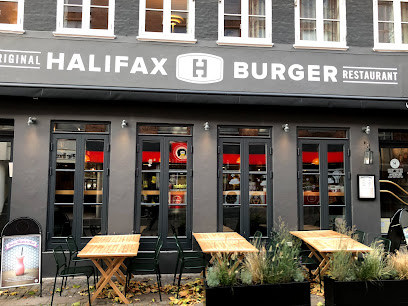
Bryggergården
Traditional Danish cooking and local beers in a historic former brewery house on Roskilde’s main pedestrian street, blending cozy interiors with lively street life.
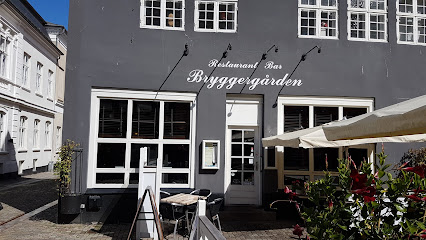
Snekken Trattoria
Waterfront Italian-inspired dining on Roskilde Harbour, pairing fjord views and a large terrace with relaxed brasserie dishes, brunch and all‑day service.
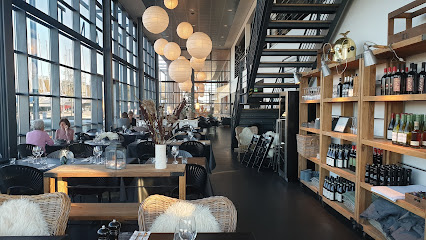
Markets, malls and hidden boutiques
Fisketorvet Copenhagen Mall
Waterfront mega‑mall blending Scandinavian style, big‑screen cinema and everyday convenience on Copenhagen’s Kalvebod Brygge harbourfront.
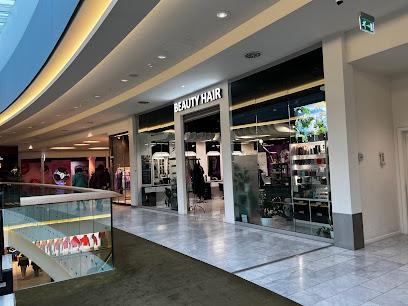
Magasin du Nord
150 years of Danish elegance and French-inspired grandeur in Copenhagen's most iconic department store.
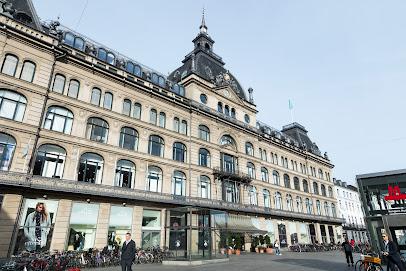
Ringsted Outlet
Denmark’s only true outlet village, blending open-air lanes, major brands and genuine 30–70% discounts into a relaxed shopping day in Ringsted.
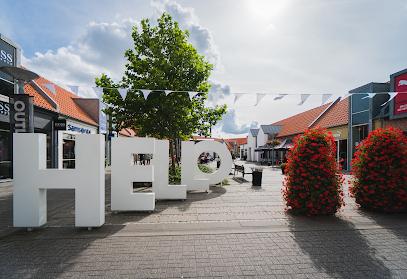
RO's Torv
Modern, glass-fronted shopping hub in Roskilde with Danish design, high-street brands, cafés and cinema gathered in one weather-proof urban marketplace.
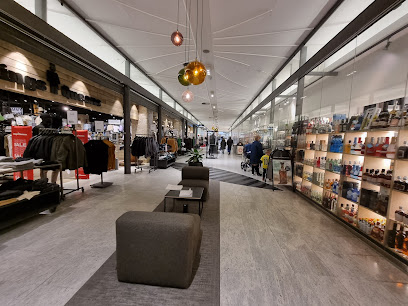
Nike Factory Store
Outlet-priced Nike performance and lifestyle gear in a spacious flagship-style store at Ringsted’s open-air shopping village.

Royal Copenhagen Flagship Store
A historic Renaissance townhouse on Strøget transformed into a living gallery of Royal Copenhagen porcelain, where Danish design, craft and heritage meet.
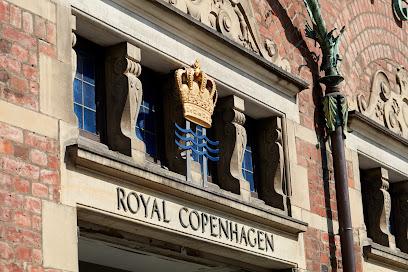
BOSS Outlet
Polished HUGO BOSS tailoring and smart casual style at outlet prices, set within Denmark’s open-air Ringsted Designer Outlet village.

Skechers Factory Outlet
Discount-driven Skechers store in Ringsted’s outlet village, offering comfort-focused footwear for all ages with at least 30% off regular prices in a simple, modern setting.

Hobbii
Denmark's premier yarn destination where creativity meets expert guidance and community.
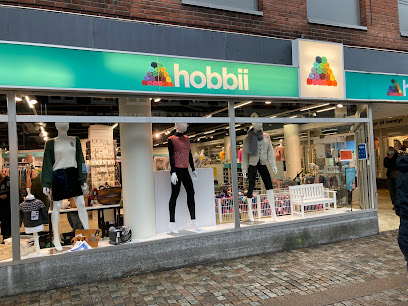
Normal
Brand-name products at unbeatable prices in central Roskilde's premier discount store.
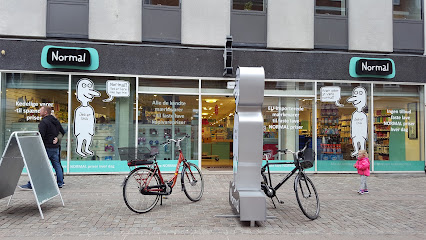
Ros Bazar
Bustling local bazaar-style supermarket by Roskilde Station, packed with fresh produce, spices and everyday groceries for a taste of everyday Danish city life.
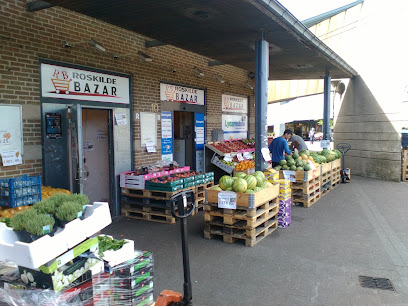
Vinylfreak
Characterful Roskilde record shop where packed crates, local music stories and thousands of new and used titles turn casual browsing into a slow, satisfying dig.
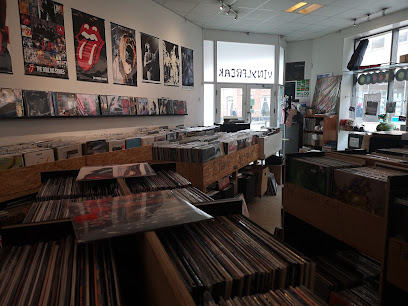
Imerco
Bright, well-stocked Danish homeware and kitchen store on Roskilde’s main pedestrian street, perfect for practical buys and design-led souvenirs in one easy stop.
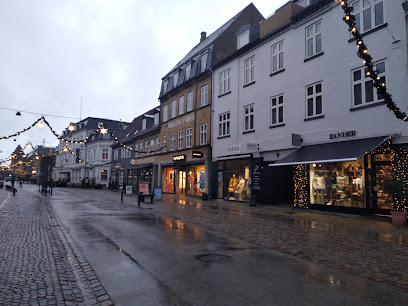
Bahne
Scandi-chic fashion, interiors and gifts gathered under one roof on Roskilde’s main shopping street, blending everyday practicality with laid-back Danish style.
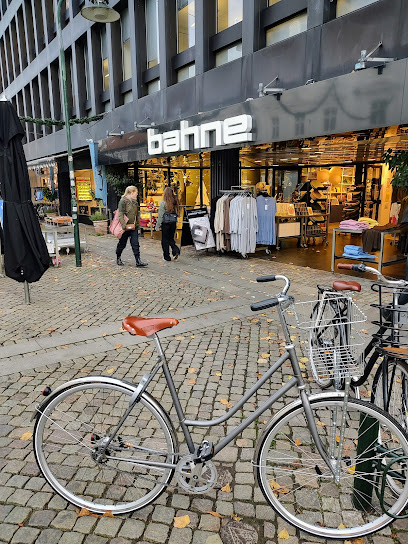
Friluftsland
Specialist outdoor shop in central Roskilde, equipping you with quality clothing, footwear and gear for Scandinavian weather, local escapes and longer adventures.
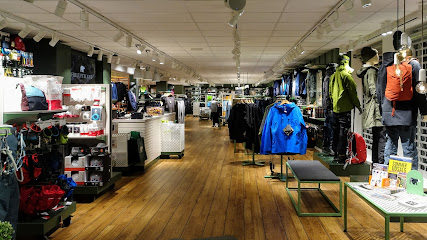
Essential bars & hidden hideouts
Skänk Beer & Wine bar
Roskilde's cozy craft beer and wine bar with rotating Scandinavian selections and quality charcuterie.
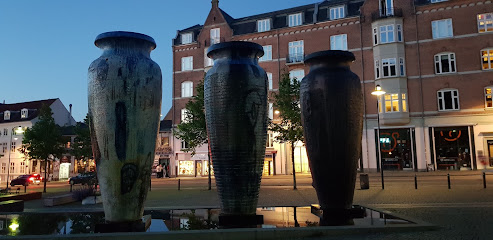
Gustav Wieds - Byens Ølbar
Craft-focused neighbourhood beer bar in central Roskilde, combining eight rotating taps, a cosy wooden interior, jukebox tunes and billiards in a relaxed local atmosphere.
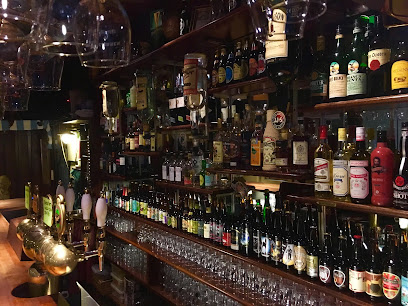
PROP Vin og Tapasbar
Intimate Roskilde wine bar pairing curated bottles with Mediterranean-inspired tapas in a candlelit room and sheltered courtyard, strictly for a relaxed 25+ crowd.
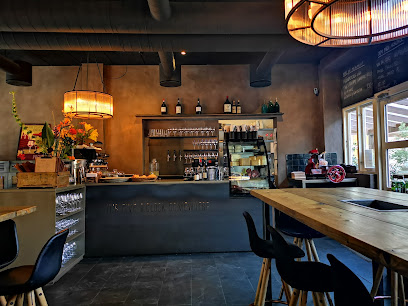
Musicon Mikrobryggeri
Local craft beer, stainless-steel tanks and live music energy in the heart of Roskilde’s creative Musicon district.
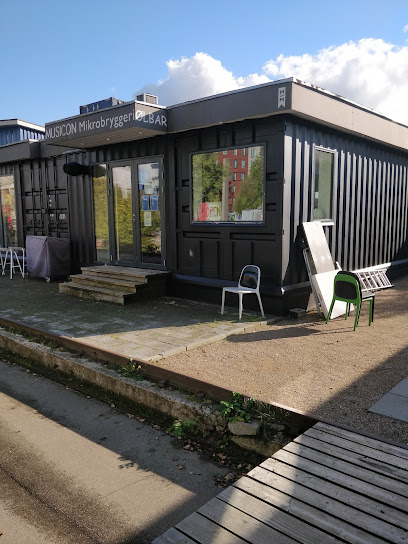
Røde Port Bistro
Røde Port Bistro in Roskilde offers artisan beers brewed in-house, Nordic-inspired dining, and a vibrant social atmosphere with live music in the city’s historic center.

Ruder Konge Bodega
A timeworn Danish bodega in central Roskilde, offering cheap beer, pool tables and unpretentious pub life just off the city’s main pedestrian street.
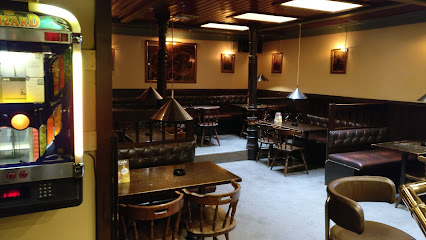
Vinbaren Muicon
An intimate wine bar in Roskilde’s Musicon district, pairing cozy Nordic warmth with a curated wine list and relaxed, conversation-friendly vibes.
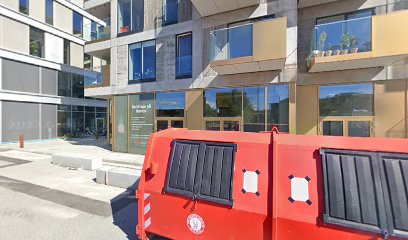
Copé Lounge
Urban lounge bar by Roskilde’s main square, blending backyard summer vibes, easygoing cocktails and cosy Danish hygge late into the night.
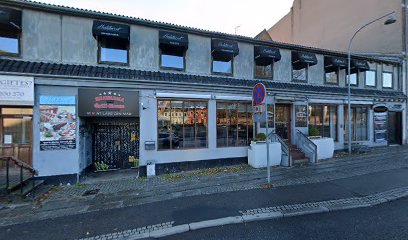
Local Phrases
-
- HelloHej
[hey] - GoodbyeFarvel
[far-vel] - YesJa
[yah] - NoNej
[nay] - Please/You're welcomeVær så god
[ver so go] - Thank youTak
[tahk] - Excuse me/SorryUndskyld
[oon-skuul] - How are you?Hvordan har du det?
[vor-dan har doo deh] - Fine. And you?Fin. Og dig?
[feen. oh deh] - Do you speak English?Taler du engelsk?
[tah-ler doo en-gelsk] - I don't understandJeg forstår ikke
[yay for-stor eek-eh]
- HelloHej
-
- I'd like to see the menu, pleaseJeg vil gerne se menuen, tak
[yay vil geer-ne sey meh-nu-en tahk] - I don't eat meatJeg spiser ikke kød
[yay spee-ser ee-keh kerth] - Cheers!Skål!
[skawl] - I would like to pay, pleaseJeg vil gerne betale, tak
[yay vil geer-ne beh-tah-leh tahk]
- I'd like to see the menu, pleaseJeg vil gerne se menuen, tak
-
- Help!Hjælp!
[hyel-p] - Go away!Gå væk!
[goh vehk] - Call the Police!Ring til politiet!
[ring teel po-lee-tee-et] - Call a doctor!Ring efter en læge!
[ring af-ter en lay-eh] - I'm lostJeg er blevet væk
[yay ehr ble-veht vehk] - I'm illJeg er syg
[yay ehr soog]
- Help!Hjælp!
-
- I'd like to buy...Jeg vil gerne købe...
[yay vil geer-ne ker-beh] - I'm just lookingJeg kigger bare
[yay kee-ger beh-reh] - How much is it?Hvor meget koster det?
[vor meh-yet kor-stehr deh] - That's too expensiveDet er for dyrt
[deh ehr for deert] - Can you lower the price?Kan du sænke prisen?
[kan doo sen-keh prees-en]
- I'd like to buy...Jeg vil gerne købe...
-
- What time is it?Hvad er klokken?
[vad ehr kloh-ken] - It's one o'clockKlokken er et
[kloh-ken ehr et] - Half past (10)Halv ti
[hahlv tee] - MorningMorgen
[moh-ren] - AfternoonEftermiddag
[ef-ter-mee-dah] - EveningAften
[ahf-ten] - YesterdayI går
[ee gohr] - TodayI dag
[ee day] - TomorrowI morgen
[ee moh-ren] - 1Et
[et] - 2To
[toh] - 3Tre
[treh] - 4Fire
[fee-reh] - 5Fem
[fem] - 6Seks
[seks] - 7Syv
[soov] - 8Otte
[ot-teh] - 9Ni
[nee] - 10Ti
[tee]
- What time is it?Hvad er klokken?
-
- Where's a/the...?Hvor er en/den...?
[vor ehr en/dehn] - What's the address?Hvad er adressen?
[vad ehr a-dras-sehn] - Can you show me (on the map)?Kan du vise mig (på kortet)?
[kan doo vee-seh mey pee kohr-teh] - When's the next (bus)?Hvornår kommer næste (bus)?
[vor-nor kom-er nes-te bus] - A ticket (to ....)En billet (til ....)
[en bee-let teel]
- Where's a/the...?Hvor er en/den...?
History of Roskilde
-
Roskilde's history dates back to the Viking Age, with archaeological evidence indicating that the area was settled as early as the 6th century. The city served as a significant hub for trade and travel due to its strategic location by the Roskilde Fjord. The Vikings used the fjord's navigable waters to travel and trade far and wide, establishing Roskilde as an important center in the region.
-
Roskilde Cathedral, a UNESCO World Heritage site, was founded in the 12th century and is one of Denmark's most iconic buildings. It has been the main burial site for Danish monarchs since the Middle Ages. The cathedral's construction began under the reign of Bishop Absalon, one of the most influential figures in Danish history. The Gothic architecture and the numerous royal tombs make it an essential landmark for understanding Denmark's historical and cultural heritage.
-
During the medieval period, Roskilde thrived as a major economic center. The city's prosperity was bolstered by its role as a religious and administrative hub. The annual Roskilde Fair attracted merchants and traders from across Europe, contributing significantly to the local economy. Roskilde's strategic location and its cathedral made it a focal point for pilgrimage, further enhancing its economic and cultural significance.
-
The Protestant Reformation in the 16th century brought significant changes to Roskilde. The city, which had been a stronghold of Catholicism, saw its religious landscape transformed as Lutheranism took hold. The cathedral and other ecclesiastical buildings were repurposed for Protestant worship, and the religious institutions that had been central to Roskilde's identity were restructured. This period marked a turning point in the city's religious and cultural history.
-
Following the Reformation, Roskilde experienced a period of decline, partly due to the loss of its religious significance and the shifting dynamics of trade and politics in Denmark. However, the city saw a revival in the 17th and 18th centuries, driven by agricultural development and the establishment of new industries. Roskilde's role as a regional administrative center also contributed to its gradual resurgence.
-
The construction of the railway in the mid-19th century marked a new era for Roskilde. The city became a key stop on the Copenhagen-Roskilde line, Denmark's first railway, inaugurated in 1847. This development significantly enhanced Roskilde's connectivity and economic prospects, fostering growth and modernization. The railway station itself is a historical landmark, reflecting the architectural style of the period.
-
In the 20th century, Roskilde continued to evolve, blending its rich historical heritage with modern developments. One of the most notable contemporary cultural events is the Roskilde Festival, which began in 1971. This annual music festival has grown to become one of the largest in Europe, attracting international artists and visitors. The festival not only highlights Roskilde's vibrant cultural scene but also underscores the city's capacity to innovate and adapt through the ages.
Roskilde Essentials
-
Roskilde is located about 30 kilometers west of Copenhagen, the capital of Denmark. The most convenient way to get there is by flying into Copenhagen Airport (CPH). From the airport, you can take a direct train to Roskilde Station, which takes approximately 30 minutes. Alternatively, you can rent a car and drive, which takes about 35-40 minutes via Route 21. If you're already in Denmark, you can easily reach Roskilde by train from major cities such as Aarhus and Odense.
-
Roskilde is a compact city, and many of its attractions are within walking distance. The city also has a well-developed public transportation system, including buses and trains. Bicycles are a popular mode of transportation, and there are numerous bike rental shops available. Taxis are readily available but can be expensive. For a unique experience, consider taking a boat tour on Roskilde Fjord.
-
The official currency in Denmark is the Danish Krone (DKK). Credit and debit cards are widely accepted in most places, including restaurants, shops, and hotels. Mobile payment options like MobilePay are also commonly used. ATMs are readily available throughout the city. It's a good idea to carry some cash for small purchases or in case you visit places that do not accept cards.
-
Roskilde is generally a very safe city for tourists. However, like any other destination, it's important to stay vigilant, especially in crowded areas and tourist spots. Avoid walking alone late at night in poorly lit areas. There are no specific neighborhoods in Roskilde known for high crime rates targeting tourists. Always keep an eye on your belongings and be cautious of pickpockets.
-
In case of emergency, dial 112 for immediate assistance, which is the emergency number for police, fire department, and medical services in Denmark. Roskilde Hospital is the main medical facility in the area. Pharmacies are available for minor health issues and over-the-counter medications. It's advisable to have travel insurance that covers medical emergencies.
-
Fashion: Do dress comfortably and casually. Smart-casual attire is acceptable for dining out. Avoid overly revealing clothing. Religion: Do respect local customs, especially when visiting churches. Public Transport: Do validate your ticket before boarding trains and buses. Don't eat or drink on public transport. Greetings: Do greet people with a handshake and maintain eye contact. Eating & Drinking: Do try local dishes like 'smørrebrød' (open-faced sandwiches). Don't tip excessively; service charges are usually included.
-
To experience Roskilde like a local, visit the weekly farmers' market at Stændertorvet Square to buy fresh produce and local delicacies. Attend a concert at the Roskilde Festival, one of Europe's largest music festivals, if you're visiting in summer. Explore the Roskilde Fjord by kayak or boat for a unique perspective of the city. Don't miss the Viking Ship Museum, where you can learn about Denmark's rich maritime history.
Trending Landmark in Roskilde
Nearby Cities to Roskilde
-
Things To Do in Køge
-
Things To Do in Copenhagen
-
Things To Do in Hillerød
-
Things To Do in Næstved
-
Things To Do in Slagelse
-
Things To Do in Helsingør
-
Things To Do in Kalundborg
-
Things To Do in Nyborg
-
Things To Do in Odense
-
Things To Do in Aarhus
-
Things To Do in Horsens
-
Things To Do in Randers
-
Things To Do in Vejle
-
Things To Do in Kolding
-
Things To Do in Sønderborg









